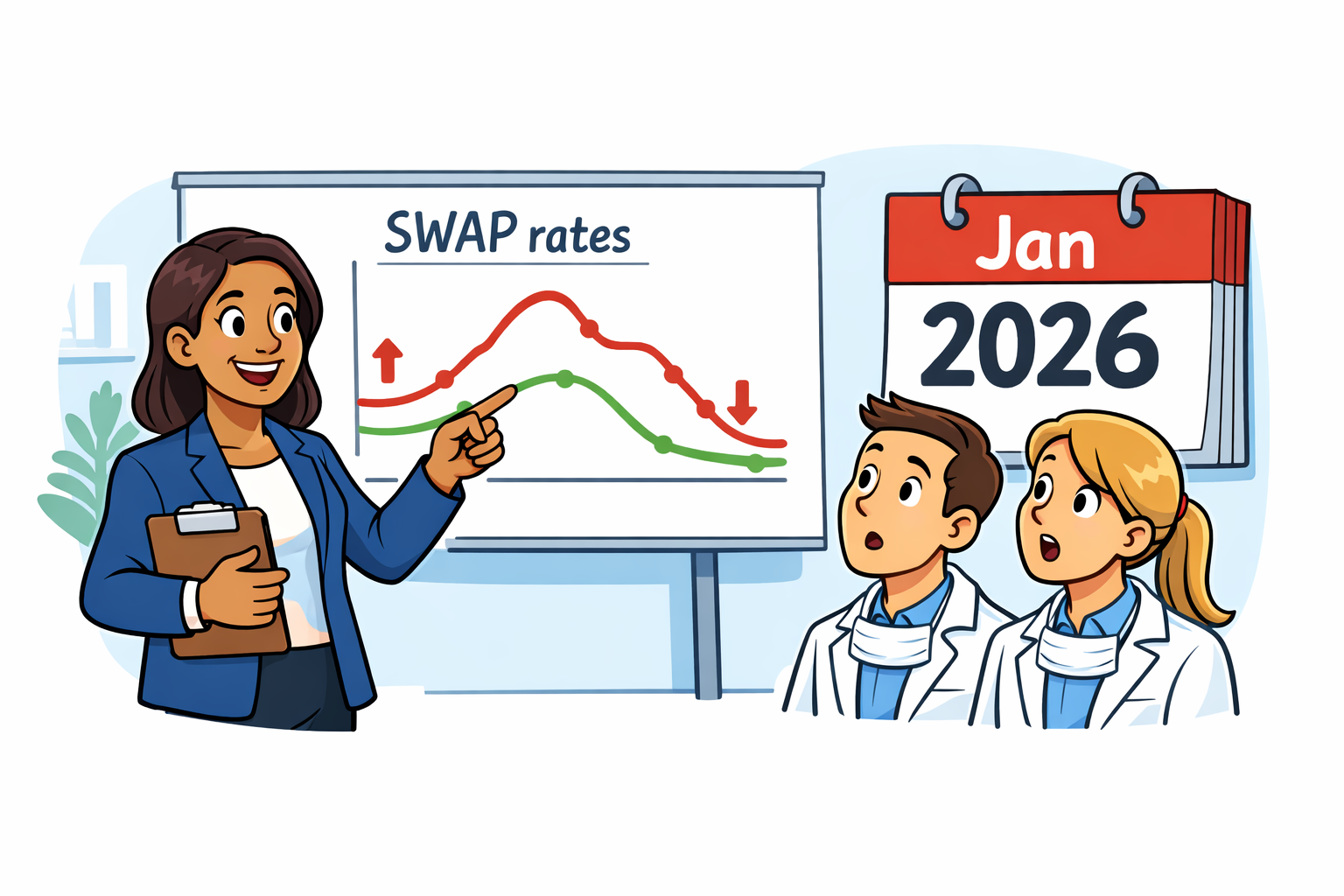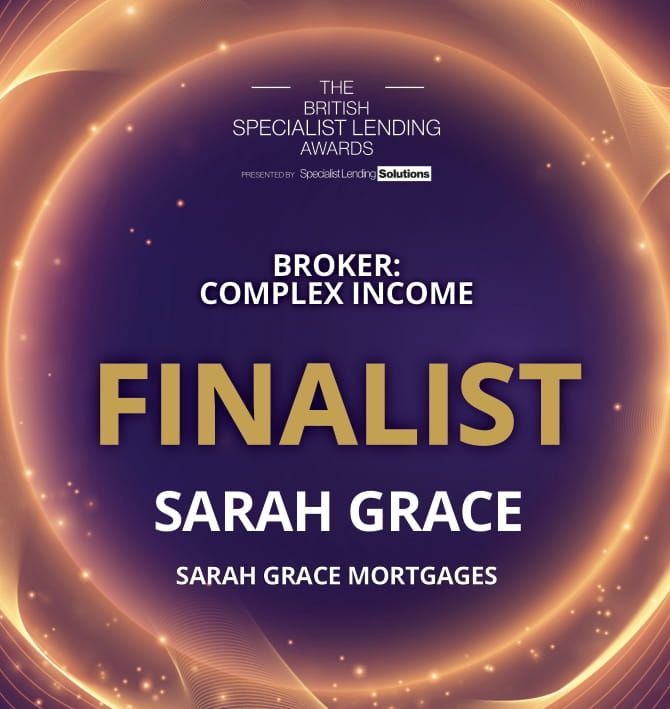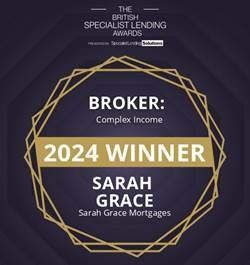The Renters’ Rights Act 2025 has officially become law — and it’s set to change the way landlords let and manage property across England. While most of the new rules will come into force during 2026, now’s the perfect time to prepare and understand what’s coming.
The big changes landlords need to know
1. Goodbye to Section 21 “no-fault” evictions
The biggest headline: Section 21 is being scrapped.
All tenancies will eventually move to periodic (rolling) agreements, meaning landlords can only end a tenancy for specific, lawful reasons — such as selling the property or wanting to move back in.
It’s a huge shift, so get ready to adjust how you plan notice periods and tenant management.
2. End of rent-bidding wars
You’ll no longer be able to accept offers above the listed rent. The goal is to create a fairer, more transparent market — and it’ll be up to landlords and agents to stick to the advertised figure.
3. Raising property standards
A new “Decent Homes” standard is being introduced for the private rented sector, aligning with what’s already in place for social housing.
That means tighter rules around damp, mould, and basic living conditions. Many of these expectations are already familiar to professional landlords, but enforcement will become more consistent and more visible.
4. Transparency and accountability
Two new systems are on the way:
- A Private Rented Sector Ombudsman, allowing tenants to raise complaints without going to court.
- A Landlord Database, giving renters more visibility into who owns and manages their home.
If you’re managing multiple properties or using agents, make sure your documentation, communication and safety certificates are up-to-date before registration opens.
5. Fairer rent rules and pets
Rent increases will face tighter restrictions (no more frequent mid-tenancy hikes), and renters will have a formal right to request pets — with sensible safeguards for landlords.
When it all happens
- 27 Oct 2025: “Awaab’s Law” takes effect for social landlords (faster action on serious hazards).
- 28 Oct 2025: The Renters’ Rights Bill becomes law.
- 2026 onwards: Key reforms — including the end of Section 21, new standards, and the Ombudsman — start in stages.
The Government will announce specific start dates for each measure in 2026.
What landlords should do now
- Review your tenancy agreements. Make sure your terms are flexible enough for a move to periodic tenancies.
- Audit your properties. Address any damp, mould or repair issues early — new standards will make these top enforcement priorities.
- Get your paperwork in order. You’ll soon need to register with the landlord database, so organise gas safety, EPC, and other compliance docs now.
- Talk to us! If you’re planning to sell, refinance, or adjust your portfolio strategy, understanding how the new tenancy rules could affect timelines and yields is essential and that’s where we can help!
Our view
This Act is a major shake-up, but not necessarily a bad one. Landlords who maintain good-quality homes and communicate clearly with tenants are already doing most of what’s being asked.
The key now is to plan ahead, both financially and operationally so that you stay compliant and profitable under the new rules.
If you would like to discuss how these changes might affect your buy-to-let plans, refinancing options, or portfolio structure, get in touch with the team at Sarah Grace, we’re here to help you stay ahead of the market.








